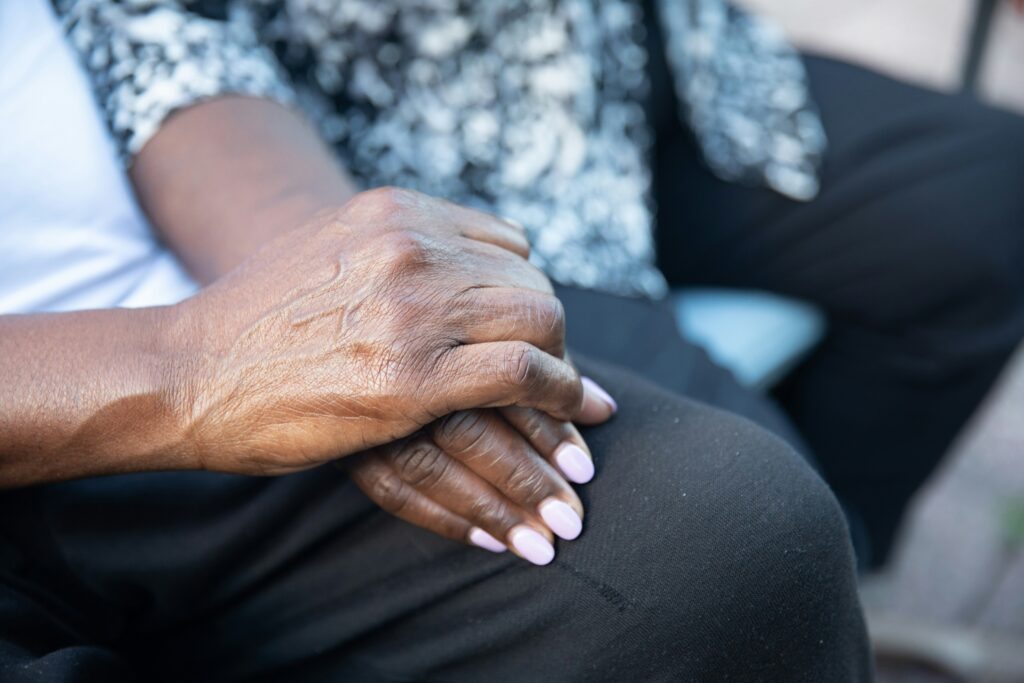Care Tips
Living with cancer presents challenges for all involved. If you’re caring for someone with cancer, supporting them through this tough period can be daunting. Whether they’ve recently been diagnosed or are in the advanced stages, providing the best support possible is crucial. With this in mind, we’ve compiled a list of tips for caring for a loved one with cancer.
Becoming a Carer
When a loved one has cancer, they often require extra support in their daily life. If you’ve chosen to provide this support, you’ll become their carer. Depending on the assistance from others and their roles, you may become the primary caregiver.
Becoming a carer is challenging, akin to taking on a new full-time job without pay. Much of your time will be dedicated to looking after your loved one’s wellbeing, including:
- Offering emotional support during tough times.
- Handling daily tasks like cooking, laundry, or medication management.
- Transporting them to appointments.
- Acting as their liaison with healthcare professionals.
- Assisting with personal care and, in some cases, managing finances.
It’s vital to assess your capacity to take on the primary caregiver role. If you feel overwhelmed, don’t hesitate to seek support from family or friends.
Note that the caregiving duties may vary based on your loved one’s health. If they’re in recovery, your responsibilities may decrease compared to when they’re undergoing treatment.
Initial Diagnosis
Receiving a cancer diagnosis is one of the most challenging aspects of cancer care. While understanding the cause of illness is reassuring, cancer remains a frightening condition. You and your loved one will experience a range of emotions, varying with the diagnosis.
While many cancers are treatable, some aren’t. There’ll be an adjustment period as you all come to terms with the prognosis. It’s important to acknowledge that everyone copes differently. It’s okay to struggle and take time for yourself. If your loved one requires care, consider respite care during this time.
Communication with Healthcare Team
When providing homecare for a loved one with cancer, remember you’re not alone. Besides family and friends, you can liaise with their healthcare team. Inform them about your caregiving role and share your concerns. They can offer information and support to help you care for your loved one better.
Preparing for Treatment
After a cancer diagnosis, the next focus is usually on treatment options. Cancer treatment can be taxing, involving potent medications or surgery. Emotional support is crucial during this time. Consider creating a care package for your loved one, including items that promote physical and mental wellbeing.
Exercise with Your Loved One
Exercise is important during cancer treatment and recovery. While fatigue is common, encouraging movement strengthens the body and boosts the immune system. Exercising together can motivate your loved one and strengthen your bond.
Adopt New Routines
A cancer diagnosis brings many changes. Emotional stress can affect eating and sleeping patterns, and treatment may exacerbate these issues. Flexibility is key in adapting to new routines to support your loved one effectively.
Care Support from Butterfly Days Home Care
If you’re offering cancer care to a loved one, you may find yourself in need of additional support at times. Fortunately, Butterfly Days can offer extra care at home as required. We deliver a flexible care service tailored to the specific needs of your loved one.
For households requiring occasional support, a domiciliary carer might be the ideal choice. Domiciliary carers visit at agreed-upon times to assist with daily tasks. This could include managing medication, providing continence support, or accompanying to appointments. A domiciliary carer can visit as frequently as necessary and is also well-suited for respite care.
However, if your loved one requires long-term care, you might consider opting for a live-in carer. Unlike domiciliary carers who visit at scheduled times, a live-in carer resides at your property. As the name suggests, they live with your loved one, offering round-the-clock cancer care. This arrangement can provide additional reassurance, especially if your loved one’s condition has led to other medical concerns.
In the choice between national franchises and independent care providers, Butterfly Days emerges as a beacon of superior service, personalisation, and community connection. From live-in care in Lowestoft and Gorleston to finding personal care at home, our commitment to individual well-being sets us apart. Choose independence; choose Butterfly Days for a home-care experience that prioritises you.
How To Contact Us
- Unit 3 Dunne House Colville Road Works Lowestoft Suffolk NR33 9QS
- 01502 391411
- homesupport@butterflydays.co.uk
Send us a message
If you have any questions about the services we offer or, you’re interested in working with us. Please fill out the form and we will get back to you as soon as possible!


